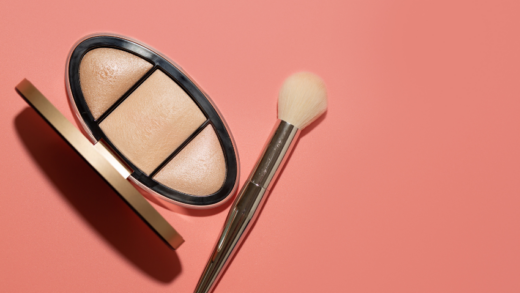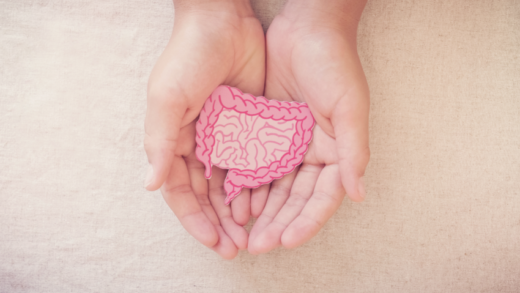Sleep is an essential component of our overall health and well-being. It is during sleep that our bodies get the chance to repair and rejuvenate. Unfortunately, many people struggle with getting a good night’s sleep, which can negatively impact their physical and mental health. This article aims to help you achieve sound and healthy sleep by providing expert tips and advice.
The Benefits of Sound and Healthy Sleep
-
- Improved physical health
- Enhanced mental well-being
- Increased productivity and focus
- Better mood and emotional regulation
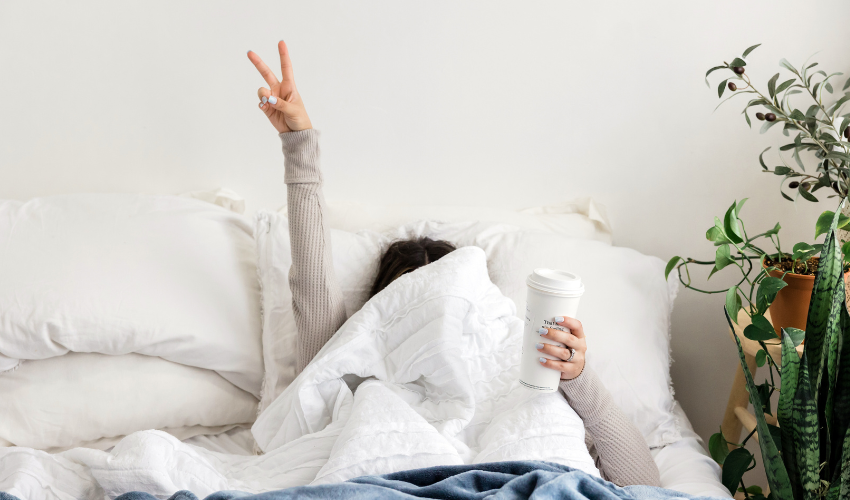
Designing Your Sleep Environment
-
- Choose a comfortable mattress and pillows
- Keep your room dark and cool
- Minimize noise and distractions
- Invest in high-quality bedding
Establishing a Relaxing Bedtime Routine
-
- Avoid stimulating activities before bed
- Create a calm and peaceful atmosphere
- Practice relaxation techniques, such as meditation or deep breathing
- Try taking a warm bath or shower
The Role of Diet and Exercise in Promoting Sound and Healthy Sleep
-
- Eat a balanced diet that includes sleep-friendly foods
- Avoid caffeine and alcohol before bedtime
- Get regular exercise, but avoid vigorous activity close to bedtime
- Maintain a healthy weight
Natural Remedies for Insomnia and Other Sleep Disorders
-
- Herbal supplements, such as valerian root or chamomile tea
- Aromatherapy with lavender or other calming scents
- Acupuncture or acupressure
- Cognitive-behavioral therapy (CBT)
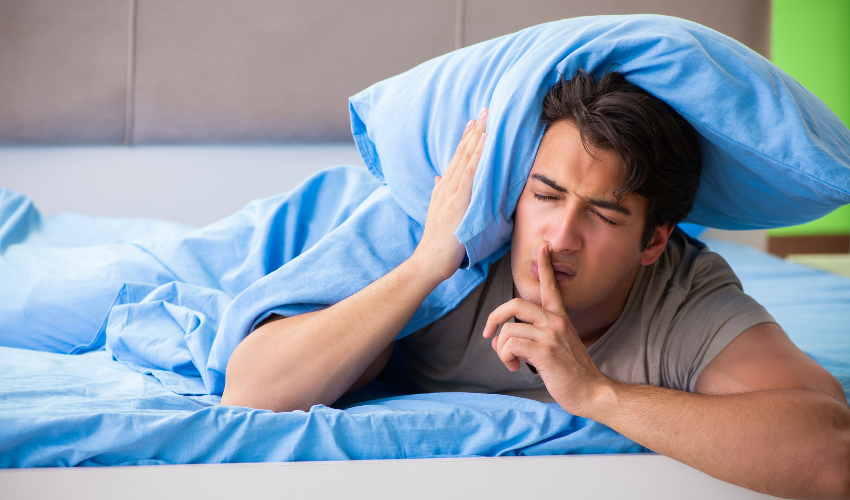
The Impact of Technology on Sleep Quality
-
- Blue light from screens can disrupt sleep patterns
- Avoid using electronic devices before bedtime
- Consider using blue light-blocking glasses
- Use technology to promote better sleep, such as sleep-tracking apps or white noise machines
Bullet Points:
- Stick to a consistent sleep schedule, even on weekends
- Keep a sleep diary to track your sleep patterns
- Avoid napping during the day, especially if you have trouble sleeping at night
- Limit your exposure to bright light in the evenings
- Try to minimize stress and anxiety before bedtime
FAQs:
Q: How much sleep do I need each night?
A: The recommended amount of sleep for adults is 7-9 hours per night.
Q: What should I do if I have trouble falling asleep?
A: Try relaxation techniques, such as deep breathing or progressive muscle relaxation. If you still have trouble falling asleep, consider talking to your doctor about possible underlying health issues.
Q: Is it bad to use my phone or tablet before bed?
A: Yes, the blue light emitted from electronic devices can disrupt your sleep patterns. Try to avoid using electronic devices at least an hour before bedtime, or consider using blue light-blocking glasses.
Q: Are there any natural remedies for sleep disorders?
A: Yes, there are many natural remedies that can help improve sleep quality, such as herbal supplements, aromatherapy, and acupuncture.
Q: What should I do if I consistently wake
up feeling tired, even after a full night’s sleep?
A: There could be several underlying causes for consistently feeling tired, including sleep apnea, restless leg syndrome, or other sleep disorders. It’s best to talk to your doctor about your symptoms and possible solutions.
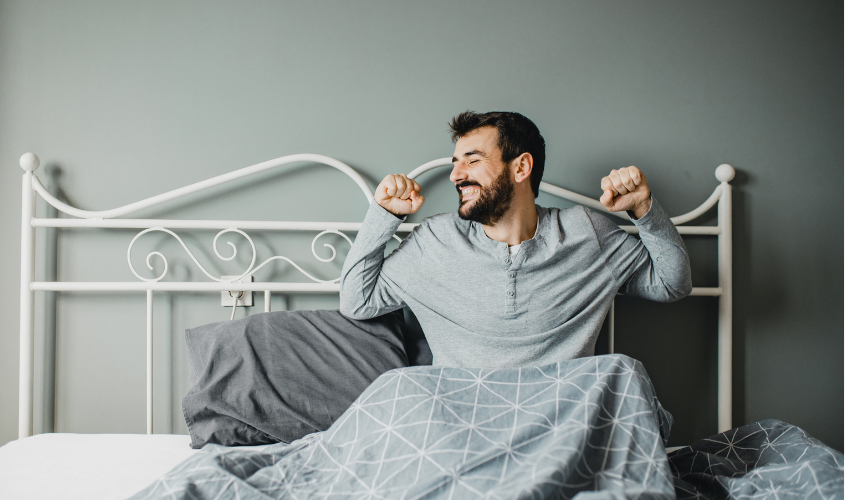
Conclusion:
Achieving sound and healthy sleep is crucial for our physical and mental well-being. By following these expert tips and advice, you can create a sleep-friendly environment, establish a relaxing bedtime routine, and adopt healthy habits that promote sound and healthy sleep. Remember that everyone’s sleep needs are different, so it’s important to listen to your body and make adjustments as necessary. With a little effort and dedication, you can improve the quality of your sleep and wake up feeling refreshed and energized each day.
